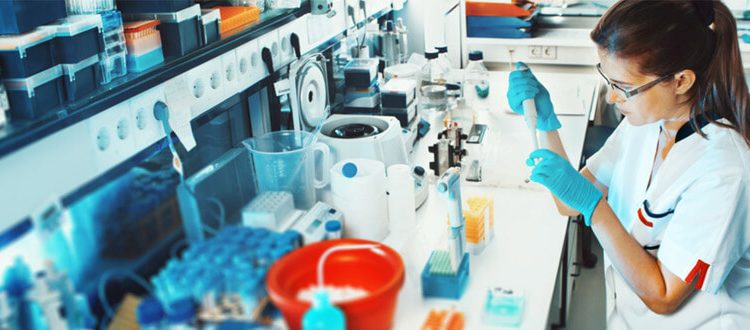Can Reproducibility in Chemical Research be Fixed?

Reproducibility is the gold standard in science. In science, papers must describe methods that others can use to get or reproduce the same results. Reproducibility is crucial in chemistry and related fields. Irreproducibility can mean that the results are unsound, experimental methods described are flawed, or there is dishonesty in reporting results.
A recent Nature survey showed that more than 70% of the researchers failed when they tried to replicate. Additionally, more than 50% were unsuccessful in replicating results from other published studies. However, they still believed in the quality and rigor of the published work. According to this survey, chemistry topped the list of discipline in which most researchers were unable to replicate their own or other’s work. Organic Syntheses, for instance, rejected around 7.5% manuscripts due to irreproducibility between 2010 and 2016. It may be difficult to reproduce compounds in natural product chemistry but this situation is lot better in the fields of medicinal chemistry and drug discovery.
Lack of Reproducibility in Chemistry
In the field of chemistry, the reproducibility crisis has gotten more attention in recent years. Some have claimed that chemistry results are difficult to reproduce because the names of chemical compounds vary. Not everyone knows how to use chemical nomenclature correctly. One neuroscientist said, “chemical journal articles also suffer from the inability of people to name compounds accurately.” When chemists work with the compounds, they must name the compounds in their papers.
Bergman and Danheiser wrote that researchers in chemistry do not often knowingly publish false data. Instead, they might slightly alter data to fit their firm notion. Sometimes, they might do this as part of a human error.
Nature published a report on a case that fits Bergman’s and Danheiser’s theory. A research team at Goethe University, Frankfurt, found a drug that slowed the progress of cancer. They published the results, but they could not reproduce their own data. On their second try, the drug did not work. Why? Later the researchers found out that two types were enantiomers. One worked and the other type did nothing. Their results were not reproducible because they did not know about the two forms. Some changes are needed in the field to overcome problems like this!
How to Fix the Reproducibility Crisis in Chemistry?
Luckily, the recent talk of the reproducibility crisis in chemistry has led to some ideas for making things better. In their paper, Bergman and Danheiser gave a list of suggestions. To summarize:
- All authors of the work should take part in the work—not just put their names on the paper after raising funds
- Researchers should use “internal checking” by asking someone outside the research area to replicate some of the results
- Authors and journals should share supporting data and methods to help others reproduce their work
- Reviewers should comment on research paper’s methods section in detail.
- Institutions should offer funds to reward researchers for publishing in journals with high experimental standards to encourage the reproducibility.
Chemical journal articles suffer from the inability of people to name compounds accurately. Although over 200 journals have already started encouraging authors to use RRIDs to cite laboratory resources, chemistry journals are, on the whole, not on board yet.”, says Anita Bandrowski, Founder and CEO of SciCrunch
To tackle the problem related to the names and structures of chemical compound Monya Baker at Nature published another list of tips to make research better.
- If possible, make compounds yourself, do not order them from firms
- Use a compound’s CAS number and not the name to place the order Get quality control certificates from suppliers to show that the compounds are original and of high-quality grade.
- Know how each compound is made so you know how to look for impurities
- Always analyze each chemical separately to make sure you know what you are working with
- Understand all the different possible forms of each chemical compound, and know which one you are using
These suggestions when implemented can help to address the reproducibility crisis in chemistry. Have you encountered difficulty reproducing your work or the work of someone else? Do you think there is a reproducibility crisis in chemistry, or is it overblown? Leave us a comment to let us know your thoughts!





![What is Academic Integrity and How to Uphold it [FREE CHECKLIST]](https://www.enago.com/academy/wp-content/uploads/2024/05/FeatureImages-73.png)



